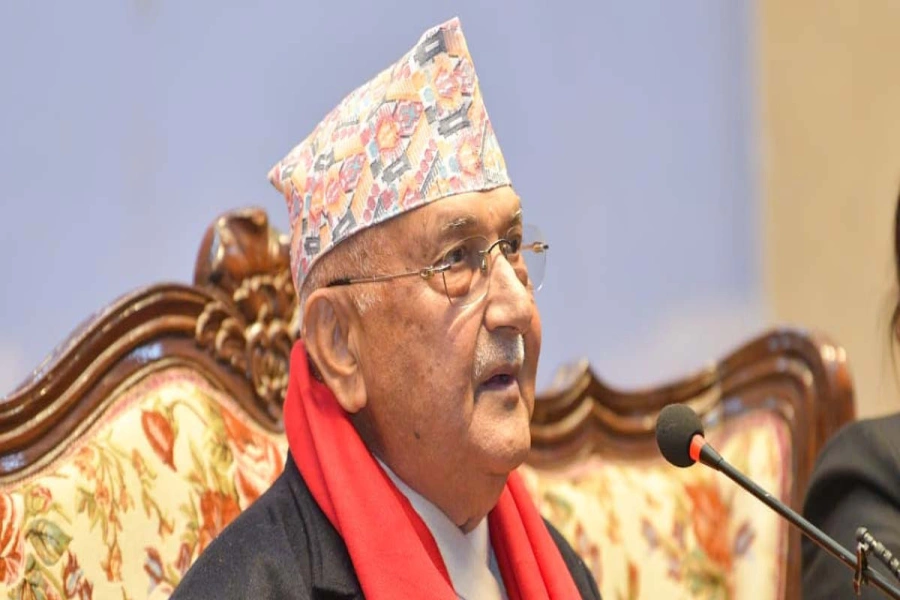Trump’s victory shows race, religion and language are very much part of politics, no matter how seemingly liberal a country portrays itself
America has decided. Although all major pre-election polls and mainstream media betted on Hillary Clinton, Donald trump won the presidency. Unsettling as it is to many, Trump’s victory needs to be analyzed in terms of national identity and race, rather than seeing it as the triumph of illiberalism over liberalism.
Some of us might be viewing Trump as an anomaly and dismiss him as a racist, but then can we label all those who voted for him as racist as well? That would not really help in understanding the election result.
First the message of this election: race, religion and language are very much part of politics, no matter how seemingly liberal a society or a country portrays itself. These three factors are what people identify themselves with. Any attack or a threat to either of the three is seen by the people as an attack on their identity. However, the liberal scholars and media always downplay, not only in the US but almost everywhere else, the power of these three factors in shaping national and international politics. In the case of the US, we were made to believe that the majority of Americans do not care about these factors, and that’s what makes America great. And nothing could be further from the truth.
Americans, or the white majority, like any other group in the world, takes its identity seriously. Therefore, instead of interpreting the election result as the rise of illiberalism in the US, one should seriously consider it as a wakeup call to reexamine and review the ways in which to promote liberalism without the majority feeling its identity is in constant threat.
2019 Oscar Winners List

To understand the US election result, we have to be honest with ourselves and accept the fact that the US is what many of us do not want our respective countries to be. We idolize its diversity, but we fear it ourselves. We ourselves want to migrate to the US, but we don’t want others immigrating to our country. But we never considered that maybe the white majority also fears what we fear: a massive influx of the others who speak the languages they don’t understand, who worship the gods that they don’t worship, whose culture is not the same as theirs and who look very different than them. Thus, Trump’s victory is a testament of the fact that people do not approve of the way liberalism and diversity are imposed upon them. They want to reclaim the perceived “American identity”.
Although, it’s fashionable for scholars and politicians to claim that the US is the land of immigrants, the fact is the whites are still the largest majority (63 percent in 2012). And as Samuel Huntington noted in his controversial book, Who are We?: The Challenges to America’s Identity the country was founded on the white Anglo Saxon Protestant values and those values are in decline now due to immigration. The late scholar feared that it would result in America losing its edge. And as the election result has made it clear, many are concerned about the erosion of founding principles and values. The election result makes it perfectly clear that they feel threatened by diversity and America’s economic decline.
Trump’s election victory is a clear indicator of a social experiment to bring all races and cultures to live together in harmony gone awfully wrong. Instead of being a melting pot or a salad bowl, the US, as the election result shows, is a bowl full of stuffs that do not necessarily go together. Think of sushi with Indian chutney and lasagna with soy sauce in a bowl. And more than the people, it’s the government that is to be blamed for widening the rift between the various ethnicities living in the US and making the majority whites feel threatened about their identity.
Had the American government made it mandatory for the immigrants to learn English, and mix with the majority, made the immigrants a part of American mainstream culture maybe Hillary Clinton would have won. But, for the most part, minority and immigrants are made to live in their own pockets or ghettoes. They do not form the American mainstream as they are hugely underrepresented in the government and media. Honestly, how many Hollywood actors and political leaders of color can we name? They are basically seen as cheap labor in case of undocumented immigrants and contributing to America’s growth, academically and otherwise, if they happen to be documented and educated. Harsh as it may sound, the reality of the previous administrations was not to really bridge the racial, linguistic and religious divides but to exacerbate those by not encouraging intermingling between the races and cultures and by allowing the businesses to hire undocumented immigrants as a source of cheap labor and hire the best brains from abroad to work for America’s benefit. There was no real diversity to begin with, and Trump’s victory has made it all very clear. It was pitting immigrants with the natives, one group against the other. So what should Nepal learn from this election result?
Promoting diversity is not as easy as it sounds. Trump’s victory has made us all think: How can we promote diversity in a way the majority does not feel threatened?
trailokyaa@yahoo.com







































